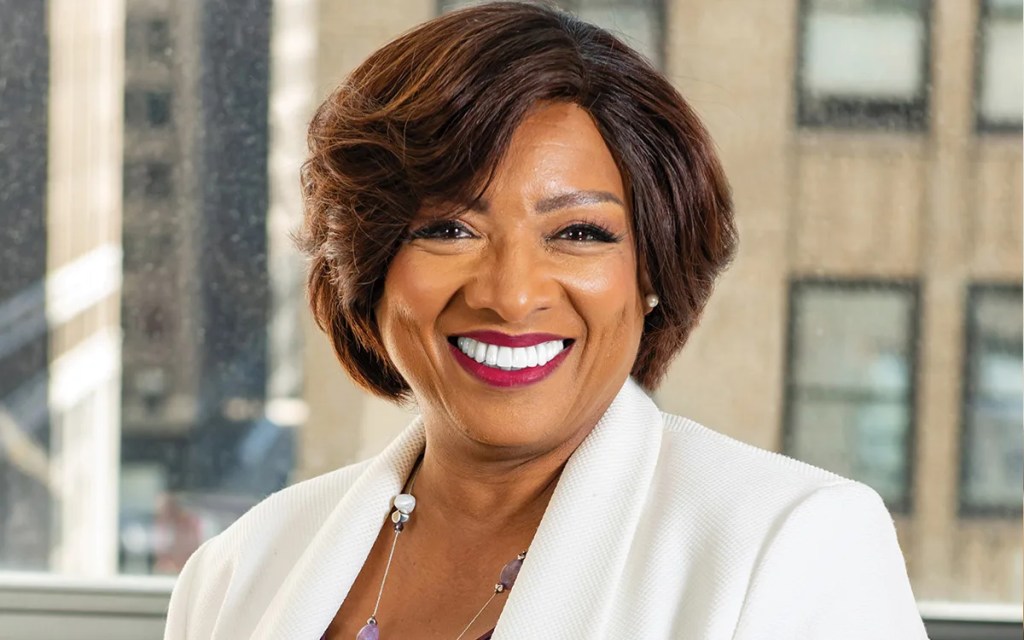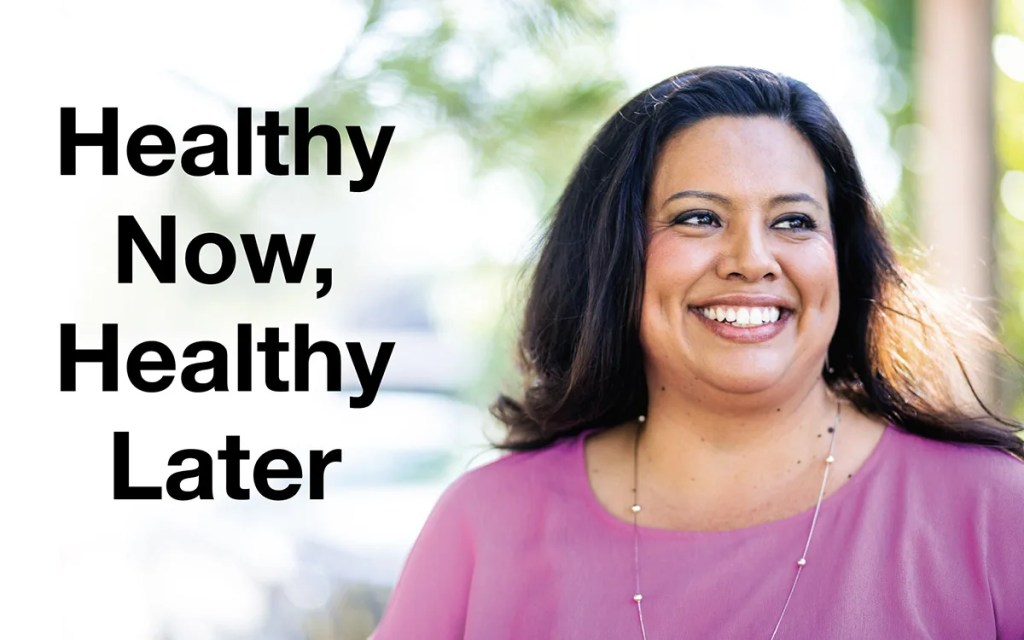A conversation with our doctors

Dr. Van H. Dunn, Chief Medical Officer

Dr. Lela Mayers, Deputy Chief Medical Officer
Dr. Dunn and Dr. Mayers recently sat down to talk about practical steps you can take to stay healthy now—and healthy later. Here’s a brief transcript from their conversation. To hear their more in-depth discussion on prevention, personalized care and holistic well-being click the link above.
Dr. Dunn: Happy New Year! I’d like to begin by reminding everyone that if you haven’t received your flu shot or COVID-19 vaccine, there is still time! Vaccination significantly reduces the risk of severe respiratory illness for you, your patients or residents, and your family.
Dr. Mayers: I agree—it’s not too late. We’re both primary care doctors, so we believe in the value of vaccines, preventive screenings and establishing a relationship with your doctor or provider. But today, we want to focus on the programs and resources available to members for both preventive care and chronic condition management. One example is Ochsner Digital Medicine. This is a doctor-led program for those who are living with diabetes and/or hypertension.
Dr. Dunn: Participants may receive a blood pressure cuff or continuous glucose monitor to share readings digitally with a care team, which usually includes a health coach and a doctor. I think what impressed me is that this program not only supports disease management but also promotes overall health improvement.
Dr. Mayers: And they communicate with your primary care doctor, so it enhances that relationship, rather than replacing it.
Dr. Dunn: Exactly. It provides valuable day-to-day insights your doctor might otherwise not have.
Dr. Mayers: Of course, Ochsner is just one option. We offer multiple programs so members can choose what fits their needs.
Dr. Dunn: It’s all about meeting members where they are.
Dr. Mayers: That’s why we also offer so many telehealth programs.
Dr. Dunn: Our members have busy schedules so we want to make sure they have access to programs that fit into their lives.
Dr. Mayers: Our message is simple: The choice is yours. If one program isn’t the right fit, try another.
Dr. Dunn: Another new program we began offering last year is FlyteHealth. It’s a virtual, physician-driven program focused on weight loss and management. Participants receive a scale and work with a doctor, nurse practitioner, coach or nutritionist. Medication may be prescribed after evaluation. And this program also works in coordination with your own doctor.
Dr. Mayers: Members can also enroll in the Virta program, which focuses on diabetes management through personalized nutrition plans.
Dr. Dunn: Virta helps you adapt your favorite recipes into healthier options. Many of our members have seen excellent results with this program.
Dr. Mayers: Small, consistent changes lead to success. We also offer WeightWatchers® at a reduced rate through the Benefit Funds. WW emphasizes education, moderation and tracking—not restriction.
Dr. Dunn: Our Wellness Department provides additional support, including nurses, nutritionists, health educators and online workshops.
Dr. Mayers: For those with chronic conditions, our care management program offers personalized nurse support.
Dr. Dunn: I guess what we’re saying is that we have many programs and resources available to help members stay healthy.
Dr. Mayers: Don’t miss our health fairs when they come to your worksite; they’re an amazing opportunity for you to have a lot of preventive screenings done quickly. That way you’ll know your numbers.
Dr. Dunn: Yes, knowing your numbers is the best way to assess your overall health so that you can take control of whatever needs attention.
Dr. Mayers: We want to keep our members healthy and happy—so remember that we’re here for you in many different ways!
Dr. Dunn: Yes, knowing your numbers is the best way to assess your overall health so that you can take control of whatever needs attention.

























